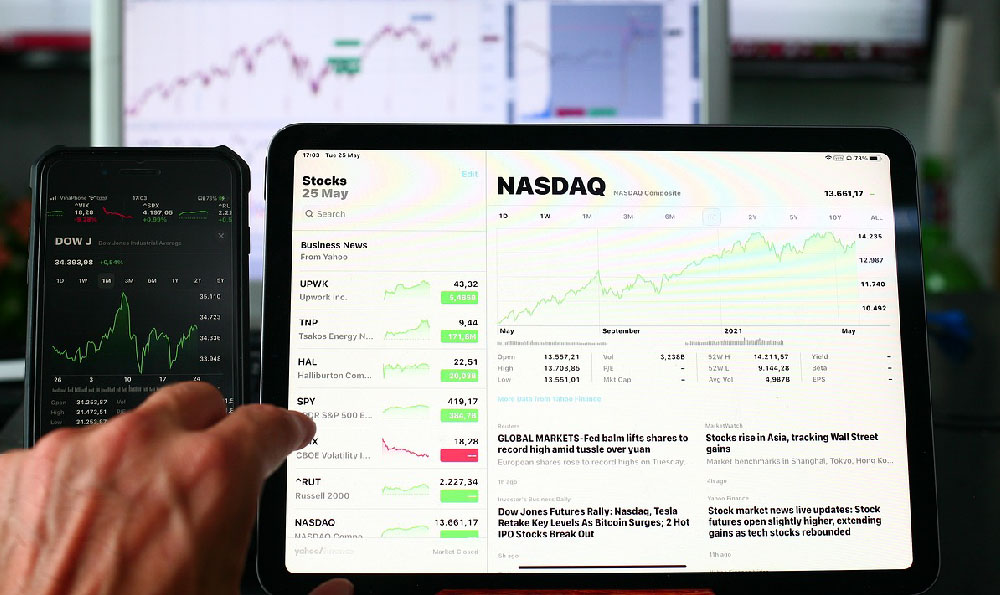The allure of earning while playing, a concept once relegated to the realm of science fiction, is now increasingly tangible, particularly within the mobile gaming ecosystem. While the idea of becoming a millionaire playing iPhone games might be a pipe dream for most, several avenues exist that allow players to generate real, albeit often modest, income. These avenues range from direct earnings through blockchain-integrated games to indirect monetization via streaming, esports participation, and the development of in-game assets. Understanding the nuances of each approach is crucial before diving in with the expectation of quitting your day job.
One burgeoning area is the realm of blockchain-based games, often referred to as "play-to-earn" (P2E) games. These games leverage blockchain technology, typically using cryptocurrencies and Non-Fungible Tokens (NFTs), to reward players for their engagement. The fundamental principle is that players earn in-game assets, such as characters, items, or virtual land, represented as NFTs. These NFTs can then be traded on external marketplaces for cryptocurrency, which can subsequently be converted into fiat currency. Axie Infinity, though experiencing fluctuations in its economy, served as a prime example of this model's potential. Players bred, battled, and traded Axies (NFT creatures) to earn Smooth Love Potion (SLP), a cryptocurrency that could be exchanged for real money. Other games, like Gods Unchained (a collectible card game) and various Metaverse-based platforms available on iOS via the app store or web browsers, also offer similar mechanisms for earning through gameplay.
However, the P2E landscape is not without its challenges. The volatility of cryptocurrency markets can significantly impact the value of earned assets, and the long-term sustainability of these game economies remains a concern. Many P2E games rely on a continuous influx of new players to maintain the value of their in-game assets, creating a Ponzi-like dynamic. Careful due diligence is essential before investing time and potentially money into any P2E game. Consider the game's tokenomics (the economic model governing its cryptocurrency), the development team's track record, and the overall community sentiment. Evaluate whether you genuinely enjoy the gameplay, as the earning potential should be secondary to the entertainment value. Remember, the value of any NFT is only as good as what someone else is willing to pay for it.

Beyond direct P2E mechanisms, other avenues exist for monetizing iPhone gaming skills. Streaming platforms like Twitch and YouTube Gaming offer opportunities to build an audience and generate revenue through subscriptions, donations, and advertising. While success in streaming requires significant effort and charisma, popular mobile games like PUBG Mobile, Call of Duty: Mobile, and Genshin Impact boast large and engaged viewer bases. Building a strong community and consistently creating engaging content are key to attracting and retaining viewers.
Esports represents another potential, albeit highly competitive, pathway to earning from iPhone games. Mobile esports is a rapidly growing segment of the gaming industry, with tournaments offering substantial prize pools. Games like Arena of Valor, Mobile Legends: Bang Bang, and Brawl Stars have thriving competitive scenes. However, reaching a professional level requires exceptional skill, dedication, and countless hours of practice. Even aspiring esports athletes need to temper their expectations; the vast majority of players will not achieve the level of success required to make a living from esports.
Furthermore, players can explore opportunities related to in-game asset development, even without direct coding experience. Many mobile games allow players to create and sell user-generated content, such as maps, skins, or character designs. While the specific tools and monetization options vary from game to game, this approach can provide a creative outlet and a potential source of income. Roblox, while technically a game development platform, offers a prime example of how users can generate substantial revenue by creating and selling in-game experiences. However, succeeding in this area requires a strong understanding of game design principles and the ability to create compelling and unique content.
Finally, it’s crucial to acknowledge the risks associated with any form of investment, including investments of time and/or capital in games. Consider any initial investment as a risk that may result in a loss. Be wary of overly enthusiastic promises of guaranteed returns. Research the developers, the game's economy, and the broader market trends before making any decisions. Manage your expectations and avoid chasing fleeting trends. Treat any income generated from playing iPhone games as supplementary income, not a replacement for a stable job. Practice sound financial management by diversifying your income streams and saving a portion of your earnings. Remember, the most successful approach combines genuine enjoyment of the game with a realistic understanding of the potential risks and rewards involved. Earning money playing iPhone games is possible, but it requires a strategic approach, diligent research, and a healthy dose of skepticism. Approach it with the same caution and due diligence you would any other investment opportunity.












